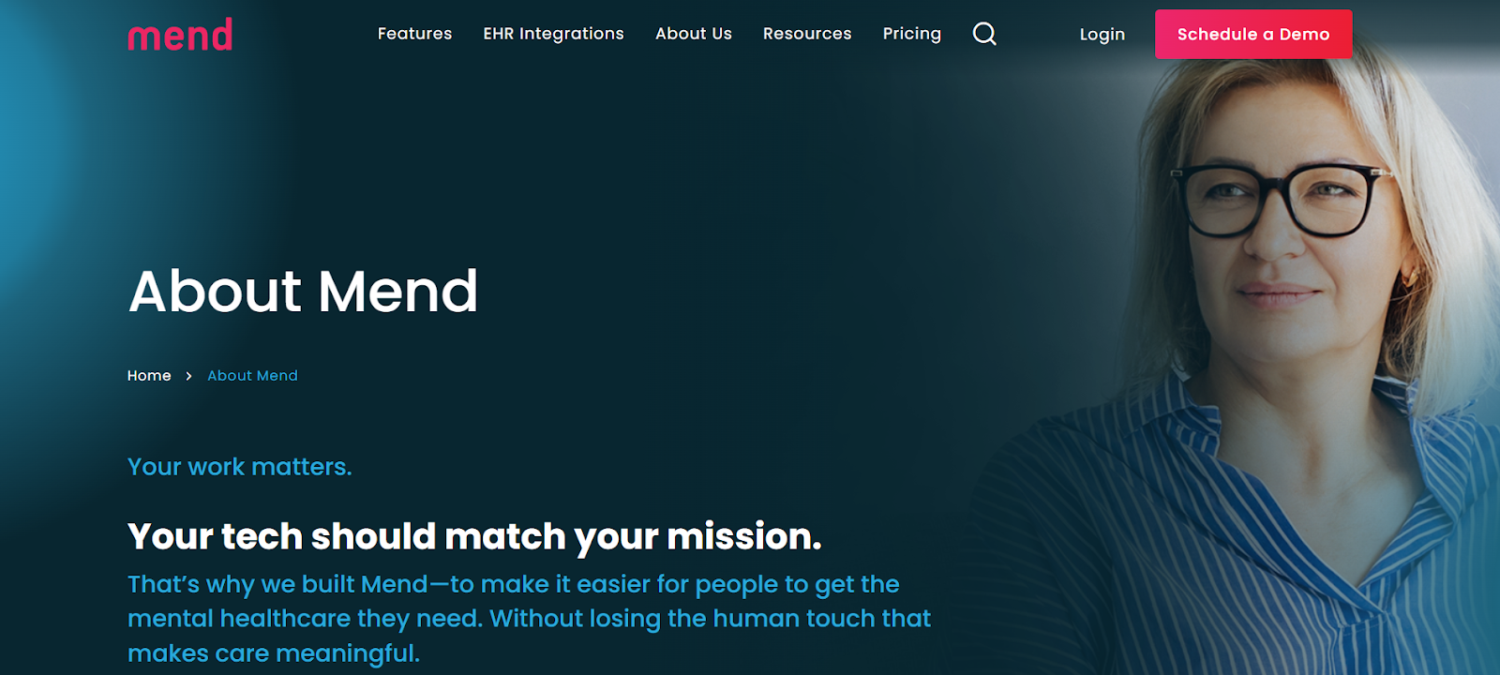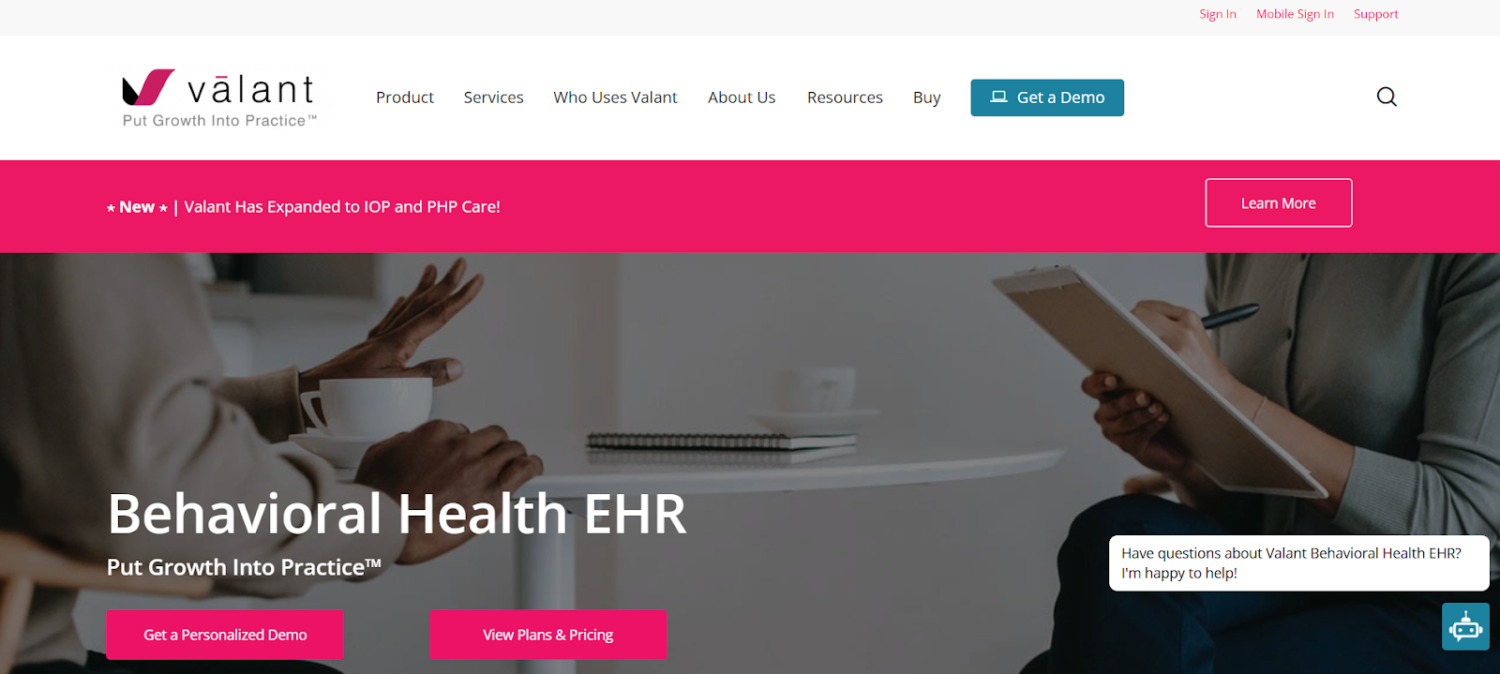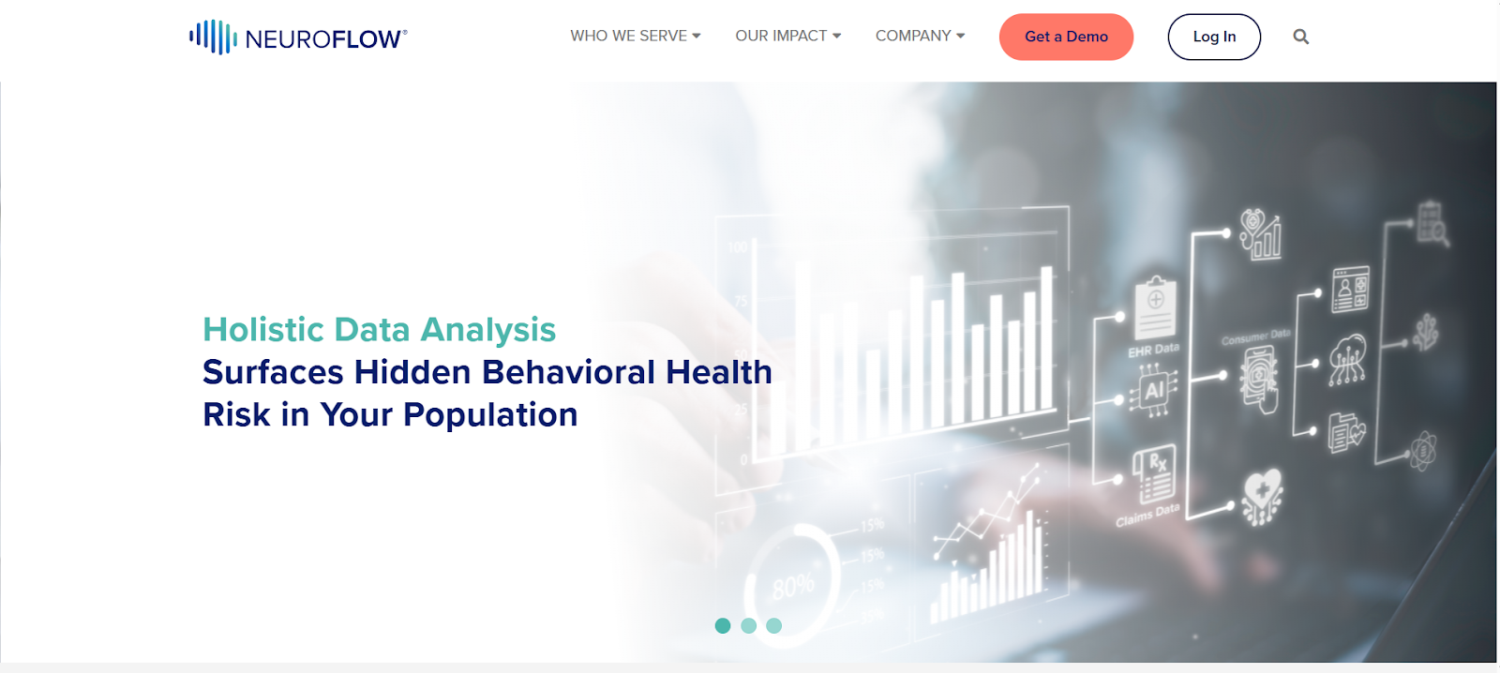Measurement-based care (MBC) has become a key part of how mental health and chronic care are delivered. It helps providers track outcomes, improve treatment plans and show progress in ways that are easy to measure. With so many platforms now available, it can be hard to decide which one fits best. The best automated measurement-based care platforms are crucial for delivering the best care possible.
The Best Automated Measurement-Based Care Platforms
Measurement-based care is becoming essential for improving patient outcomes and streamlining workflows. The following tools are among the best automated measurement-based care platforms, helping providers collect data, track progress and engage patients more effectively.
- Mend

Mend is known for its easy-to-use design and intense focus on patients and providers. It automates the collection of patient-reported outcomes and helps patients complete assessments between visits. The platform uses reminders and clear dashboards so clinicians can track trends and catch changes in symptoms early. It also includes communication tools that reduce no-shows and improve engagement by keeping patients connected throughout their care.
Clinics use Mend to standardize outcome tracking with tools like PHQ-9 or GAD-7 and to bring that data directly into care planning. It integrates with most electronic health records (EHRs), has flexible scheduling for assessments and includes different viewing options depending on staff roles. Mend is often mentioned among the best automated measurement-based care platforms because it connects patient communication, data collection and clinical insight in a straightforward system.
Key Features:
- Automated assessment scheduling and reminders
- Mobile-friendly assessments and two-way messaging
- Clinician dashboards that show trends clearly
- Integration with major EHRs and export options
- Customizable access settings for team members
- Valant

Valant is an EHR designed specifically for behavioral health practices. It builds measurement-based care directly into everyday clinical workflows. Clinicians can administer assessments, track progress and use results for treatment planning or billing without needing a separate system. The platform helps eliminate extra steps by combining documentation, scheduling and measurement all in one place.
Because Valant is built for mental health, it includes templates, progress charts and compliance tools that make it easy to stay organized and meet reporting requirements. For practices that want everything integrated, Valant is often considered a top care platform for clinical efficiency and documentation quality.
Key Features:
- Built-in measurement tools
- In-session assessment options
- Billing and scheduling integration
- Progress tracking over time
- Quality and compliance reporting
- NeuroFlow

NeuroFlow focused on using digital tools to support ongoing behavioral health monitoring. It includes built-in assessments and automatically suggests next steps based on results. The system helps collect patient data, deliver quick digital activities for self-care and alert clinicians when a patient’s score shows concern. This creates a complete feedback loop that supports stepped-care approaches.
The platform also keeps patients engaged with short educational activities and personalized feedback tied to their scores. Health systems can track outcomes across populations and see how engagement levels change over time. Organizations love NeuroFlow because it combines solid clinical workflows with features that keep patients active in their own care.
Key Features:
- Preloaded assessments and care triggers
- Digital self-care activities for patients
- Real-time clinician alerts
- Population-level dashboards
- API and EHR integration support
- Quartet Health

Quartet Health helps connect primary care and mental health teams by putting measurement at the center of coordinated care. It identifies patients who may need behavioral health support through routine screenings and then helps match them with the right providers. The platform keeps measurement consistent across all stages of care so that progress isn’t lost when patients move between services.
Larger health systems often use Quartet to see population-level outcomes and track performance across clinics. Its strong coordination tools and data insights make it a trusted option for teams that need to manage care at scale. This broader approach is why Quartet is seen as one of the best automated measurement-based care platforms for organizations that focus on integrated care models.
Key Features:
- Routine screening and patient routing
- Care coordination tools
- Shared data between primary care and mental health
- Outcome analytics across patient groups
- Scheduling and referral tracking
Comparing the Top Automated Measurement-Based Care Platforms
Finding the right tool for your clinic depends on what matters most — engagement, integration of documentation.
| Platform | Best For | Key Strengths | Integrations | Reporting and Analytics |
| Mend | Clinics wanting easy patient engagement and automated tracking | Simple design, reminders, real-time dashboards | Works with most EHRs | Clear trend reports and exports |
| Valant | Behavioral health practices using an EHR | Embedded measurement tools and billing links | Fully integrated EHR | Compliance and quality reports |
| NeuroFlow | Behavioral health programs using digital monitoring | Built-in assessments and alerts | API and EHR support | Population-level tracking |
| Quartet Health | Systems connecting primary care and behavioral health | Coordination and triage tools | Network-wide integrations | Program outcome tracking |
How to Choose
Start by thinking about what matters most to your team. If your main goal is to keep patients engaged, look for platforms that make communication and assessments simple on mobile devices. If you need something that connects directly with billing and notes, go with an EHR-first option. If coordination across multiple clinics is key, choose a platform that supports population-level reporting and referral management.
The best choice depends on your workflow, integration needs and how your clinicians prefer to interact with the data. Always ask vendors for sample reports, case studies and pilot programs before committing. A tool might look like one of the best automated measurement-based care platforms on paper, but it needs to fit how your team actually works in practice. True automation should make care easier, not add extra work.
Making the Right Choice
Each of these platforms offers something unique. The best choice depends on your organization’s priorities, whether that’s improving communication, reducing admin work or enhancing quality reporting. No matter which you choose, automated measurement-based care platforms can make your care delivery more efficient and patient-centered.
